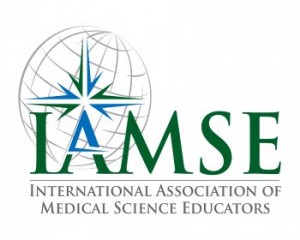
This month the IAMSE Publications Committee is delighted to provide a short review of an article published in the archives of Medical Science Educator (MSE). The review recognizes The Impact of Integration of Self-Tests into a Pre-Clerkship Medical Curriculum, which was published in MSE Volume 27, issue 1, pp 21-27, in March, 2017 [https://doi.org/10.1007/s40670-016-0351-7]. In this study Baatar et al. measured the performance of first year medical students (n = 107) on both formative and summative examinations. Students were provided unrestricted access to basic science self-tests (STs) prior to each of 5 formative examinations on the subject. Participants that used STs performed better on 4 out of 5 formative exams. All students that participated in 5 STs had significantly higher mean scores on the subsequent summative evaluation examination than students that did not participate, 86% ±8 versus 76% ±14 respectively. The data suggests that the use of prior STs improves student performance overall and especially on major/summative examinations. The authors note that “A multiple regression analysis showed that the number of STs used was a significant positive predictor of the summative examination score.” In reviewing the mean of ST scores there was a significant improvement in test score means from the first attempt to the 11th attempt. The comments from students that participated in the addition of STs to course learning materials were positive. An article by Kornell et al. (J. Exp. Psychol Learn Mem. Cogn., Volume 35, issue 4, pp 989-998, in July, 2009 demonstrates that retrieval attempts enhance learning, i.e., that “taking challenging tests – instead of avoiding errors – may be one key to effective learning.” These studies and others suggest that retrieval practice in the form of STs may play a critical role in meaningful learning and long-term retention.